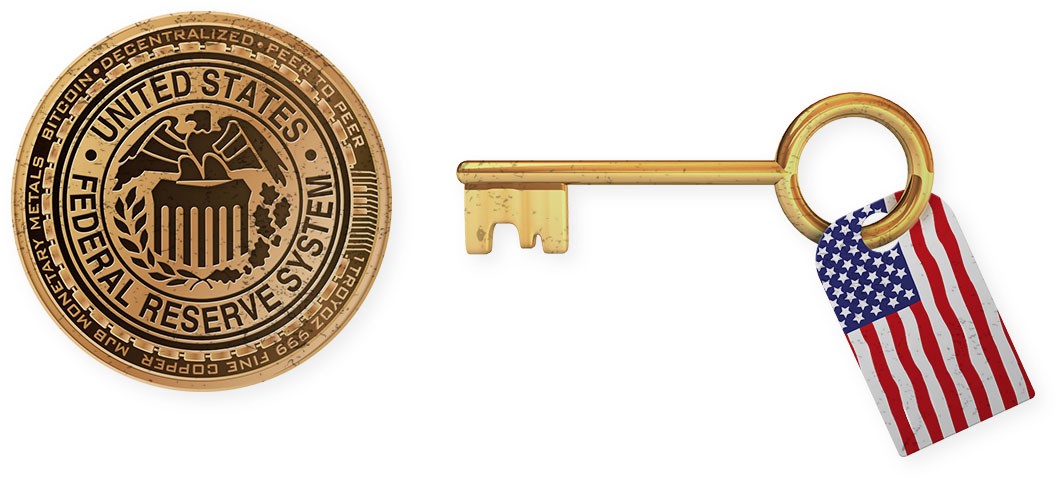PALO ALTO, Calif. (Reuters) - The Federal Reserve is taking a look at a broad variety of problems around digital payments and currencies, consisting of policy, design and legal factors to consider around potentially releasing its own digital currency, Guv Lael Brainard stated on Wednesday. Brainard's remarks recommend more openness to the possibility of a Fed-issued digital coin than in the past." By transforming payments, digitalization has the potential to deliver higher value and benefit at lower cost," Brainard stated at a conference on payments at the Stanford Graduate School of Organization.
Main banks worldwide are disputing how to manage digital financing innovation and the distributed journal systems utilized by bitcoin, which assures near-instantaneous payment at possibly low expense. The Fed is establishing its own round-the-clock real-time payments and settlement service and is currently examining 200 comment letters submitted late in 2015 about the suggested service's style and scope, Brainard stated.

Less than 2 fedcoin 2020 years ago Brainard told a conference in San Francisco that there is "no engaging demonstrated requirement" for such a coin. But that was prior to the scope of Facebook's digital currency aspirations were commonly known. Fed officials, including Brainard, have actually raised concerns about customer securities and data and personal privacy hazards that could be posed by a currency that might come into usage by the third of the world's population that have Facebook accounts.
" We are collaborating with other main banks as we advance our understanding of central bank digital currencies," she stated. With more countries checking out issuing their own digital currencies, Brainard stated, that adds to "a set of factors to likewise be ensuring that we are that frontier of both research and policy advancement." In the United States, Brainard said, issues that require research study consist of whether a digital currency would make the payments system safer or easier, and whether it might posture monetary stability risks, consisting of the possibility of bank runs if cash can be turned "with a single swipe" into the main bank's digital currency.
To counter the financial Discover more damage from America's unprecedented nationwide lockdown, the Federal Reserve has taken unprecedented actions, consisting of flooding the economy with dollars and investing straight in the economy. The majority of these moves received grudging approval even from many Fed doubters, as they saw this stimulus as required and something just the Fed could do.
My new CEI report, "Government-Run Payment Systems Are Risky at Any Speed: The Case Versus Fedcoin and FedNow," information the threats of the Fed's present prepare for its FedNow real-time payment system, and propositions for central bank-issued cryptocurrency that have been called Fedcoin or the "digital dollar." In my report, I discuss concerns about personal privacy, information security, currency adjustment, and crowding out private-sector competitors and innovation.
Proponents of FedNow and Fedcoin say the government should develop a system for payments to deposit immediately, instead of encourage such systems in the personal sector by raising regulative barriers. However as kept in mind in the paper, the private sector is supplying a relatively unlimited supply of payment technologies and digital currencies to resolve the problemto the level it is a problemof the time space between when a payment is sent and when it is received in a bank account.
And the examples of private-sector innovation in this location are numerous. The Cleaning House, a bank-held cooperative that has been routing interbank payments in numerous types for Additional info more than 150 years, has been clearing real-time payments since 2017. By the end of 2018 it was covering 50 percent of the deposit base in the U.S.